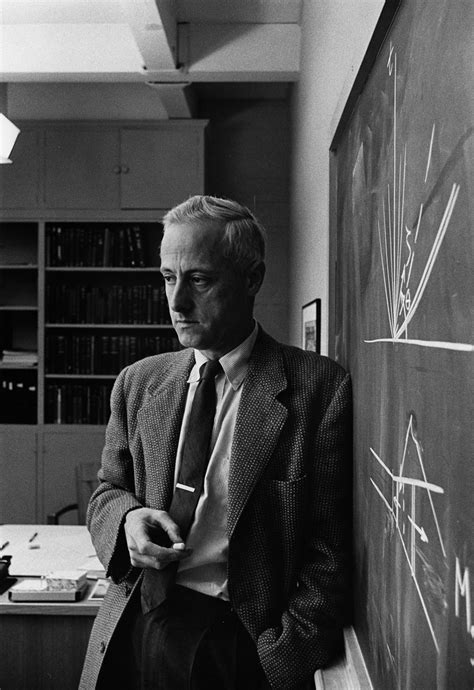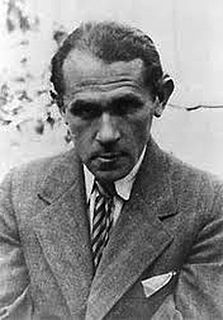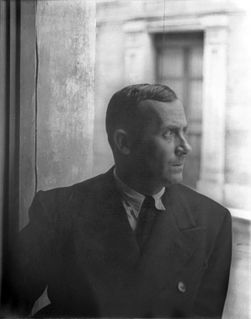A Quote by Jacob Bronowski
Knowledge is not a loose-leaf notebook of facts. Above all, it is a responsibility for the integrity of what we are, primarily of what we are as ethical creatures.
Related Quotes
[The scientist] believes passionately in facts, in measured facts. He believes there are no bad facts, that all facts are good facts, though they may be facts about bad things, and his intellectual satisfaction can come only from the acquisition of accurately known facts, from their organization into a body of knowledge, in which the inter-relationship of the measured facts is the dominant consideration.
In business, integrity is just as important as in any of the great public offices... but I believe one of the first and fundamental obligations of competent business leadership is above all to protect the reputation and integrity of the business - to that degree the integrity of the business is the integrity of the leader.
The ethical system of these men of the New Republic, the ethical system which will dominate the world state, will be shaped primarily to favour the procreation of what is fine and efficient and beautiful in humanity — beautiful and strong bodies, clear and powerful minds, and a growing body of knowledge — and to check the procreation of base and servile types, of fear-driven and cowardly souls, of all that is mean and ugly and bestial in the souls, bodies, or habits of men.
There are things than cannot ever occur with any precision. They are too big and too magnificent to be contained in mere facts. They are merely trying to occur, they are checking whether the ground of reality can carry them. And they quickly withdraw, fearing to loose their integrity in the frailty of realization.
'Ever seen a leaf - a leaf from a tree?' 'Yes.' I saw one recently - a yellow one, a little green, wilted at the edges. Blown by the wind. When I was a little boy, I used to shut my eyes in winter and imagine a green leaf, with veins on it, and the sun shining ...' 'What's this - an allegory?' "No; why? Not an allegory - a leaf, just a leaf. A leaf is good. Everything's good.'
In separating out, say, legal and moral requirements, I tend to work with paradigms rather than strict divisions - eg, paradigmatically, legal requirements are jurisdictionally bound whereas ethical requirements are aspirationally universal; ethical requirements focus especially on intentions whereas legal requirements focus primarily on conduct; ethical requirements take priority over legal requirements; and so on.
Positively, he [Heidegger] shows that the prospect of death doesn't of itself destroy all possibilities of meaning but calls instead for these to be relocated from fantasies about a future post-mortem life. However, I don't think he does enough in this work to show that this relocation has - I believe - a primarily ethical character (in Levinas's sense of 'ethical').




































